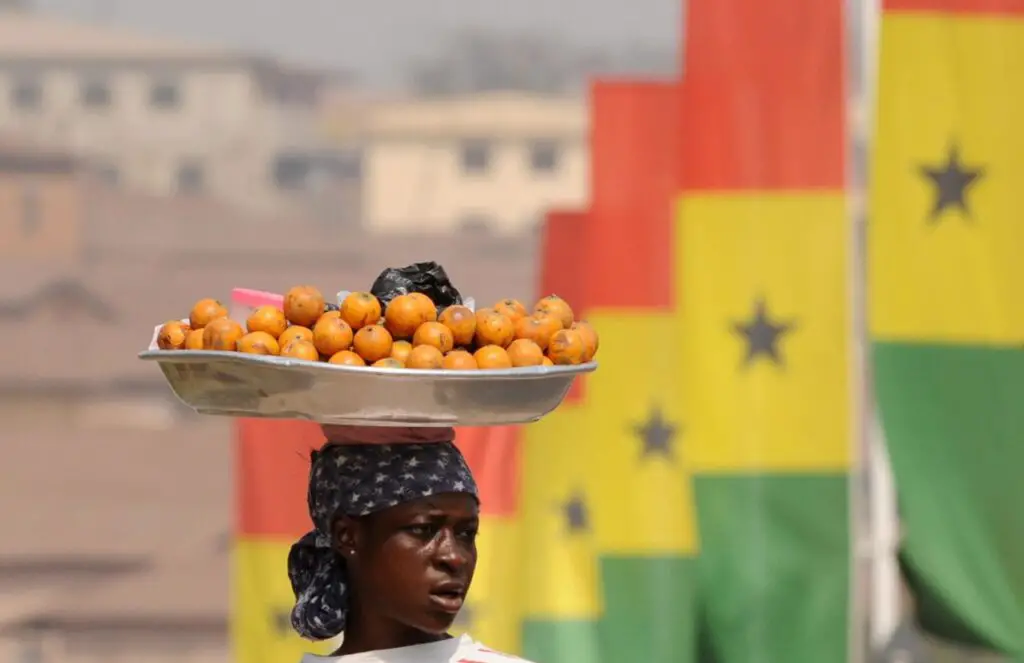- The IMF deal caused the cedi to appreciate, relieving price constraints and potentially mitigating a downturn in commercial activity
- S&P Global’s Purchasing Managers’ Index, which gauges the health of the private sector, increased somewhat from 44.9 in November 2022 to 47 in December 2022
- The cedi gained 41% versus the dollar last month and saw a reduction in projected losses for 2022 to 39%, which lowered inflation and gave businesses some reprieve
A staff-level finance agreement with the IMF caused the cedi to appreciate, relieving price constraints that have afflicted the industry for more than a year and potentially mitigating a downturn in commercial activity in Ghana.
S&P Global’s Purchasing Managers’ Index, which gauges the health of the private sector, increased somewhat from 44.9 in November 2022 to 47 in December 2022.
However, it remained below the 50-point threshold that distinguishes expansion from contraction for the 11th consecutive month.
According to Andrew Harker, economics director at S&P Global Market Intelligence, “business conditions for enterprises in Ghana remained challenging by the end of 2022, although there were some hopeful indicators that the worst of the present downturn may have passed.”
As per the statement, poll respondents’ optimism increased significantly over the month, hitting the most significant levels since April 2022. Just 4% of respondents voiced pessimism, while more than 75% expressed optimism about output this year.
There was also resistance to the E-levy, a new tax on electronic transactions that failed to provide the government with the anticipated revenue levels.
On December 12 2022, Ghana and the IMF agreed on a US$3 billion bailout, a significant milestone in the West African country’s ambitions to restructure its debt.
Due to this, the cedi gained 41% versus the dollar last month and saw a reduction in projected losses for 2022 to 39%, which lowered inflation and gave businesses some breathing room in their pursuit of new business, according to Harker.
Among the 120 countries that Bloomberg tracks, annual inflation in November was quintuple the 10% ceiling of the central bank’s target range, ranking as the seventh-highest rate worldwide. High inflation has affected consumer spending, which has slowed economic growth.
As per S&P Global Market Intelligence, this year’s economic growth will be 3.5%, down from 4.6% in 2022.
Ghana economic Challenges
Ghana, a major producer of cocoa and gold, also has oil and gas deposits. However, its financial obligations have increased, and like the rest of sub-Saharan Africa, it has been severely impacted by the effects of the Covid pandemic and the Ukraine war.
As part of the effort to ease a payment constraint, the government has already announced a domestic debt exchange and specifics about restructuring its international debt are soon to follow.
To help reduce costs and boost domestic income, the administration has already increased the VAT by 2.5 per cent and frozen the employment of public employees.
More than half of government income is used to pay down debt. Ghana’s debt worth climbed by US$6 billion this year due to the cedi’s 50% decline against the dollar.
Due to market concerns that Ghana would fail to make its debt payments, major credit rating agencies have lowered their outlook for the country.
Read: Ghana’s public debt rises to $45.4bn due to COVID-19
